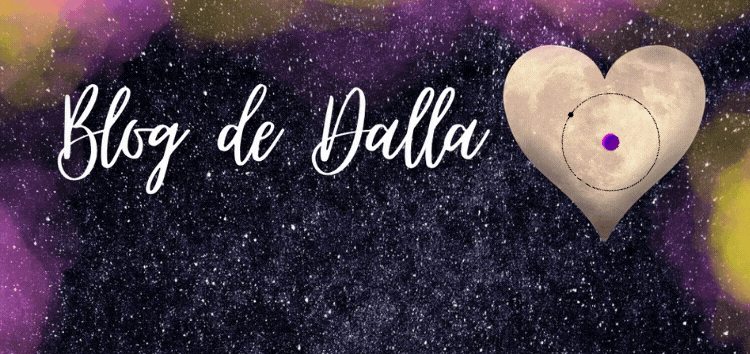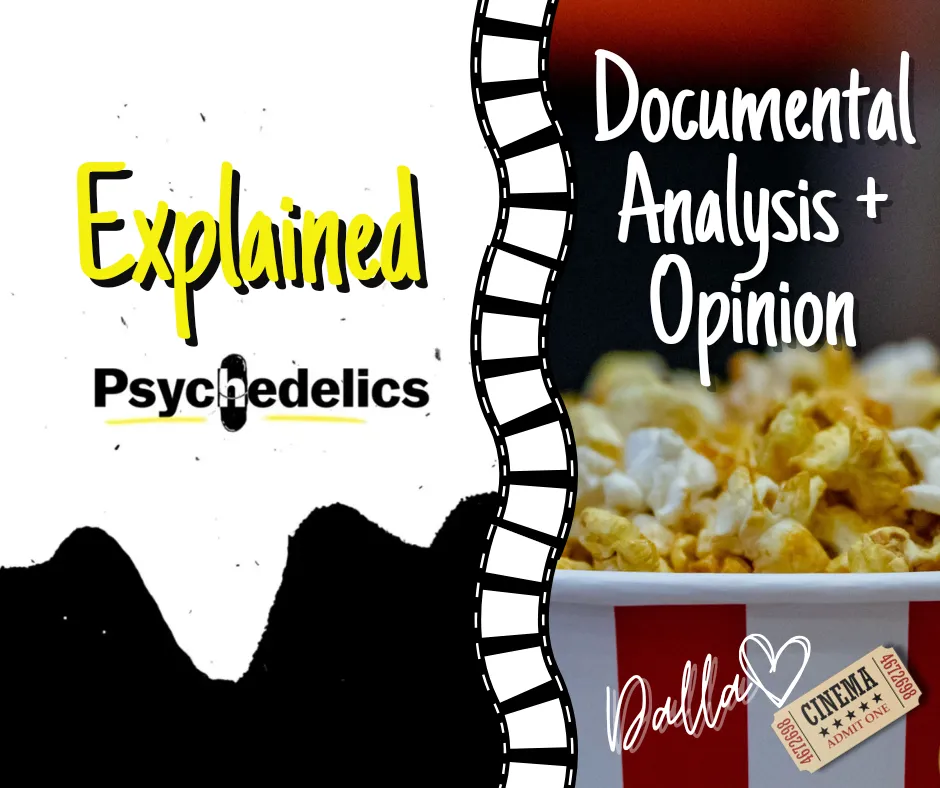

El fin de semana vi este capítulo de la serie/ documental de Netflix "En pocas palabras" o por su nombre original "Explained", relacionada a los "Psicodélicos" y hoy les vengo a dejar un pequeño análisis para que quede en mi blog disponible para el que quiera leerlo, por lo que ya saben que tiene algo de Spoilers.
Over the weekend I watched this episode of the Netflix series/documentary "In a nutshell" or by its original name "Explained", related to the "Psychedelics" and today I come to leave you a little analysis so that it remains on my blog available for whoever wants to read it, so you already know that it has some Spoilers.
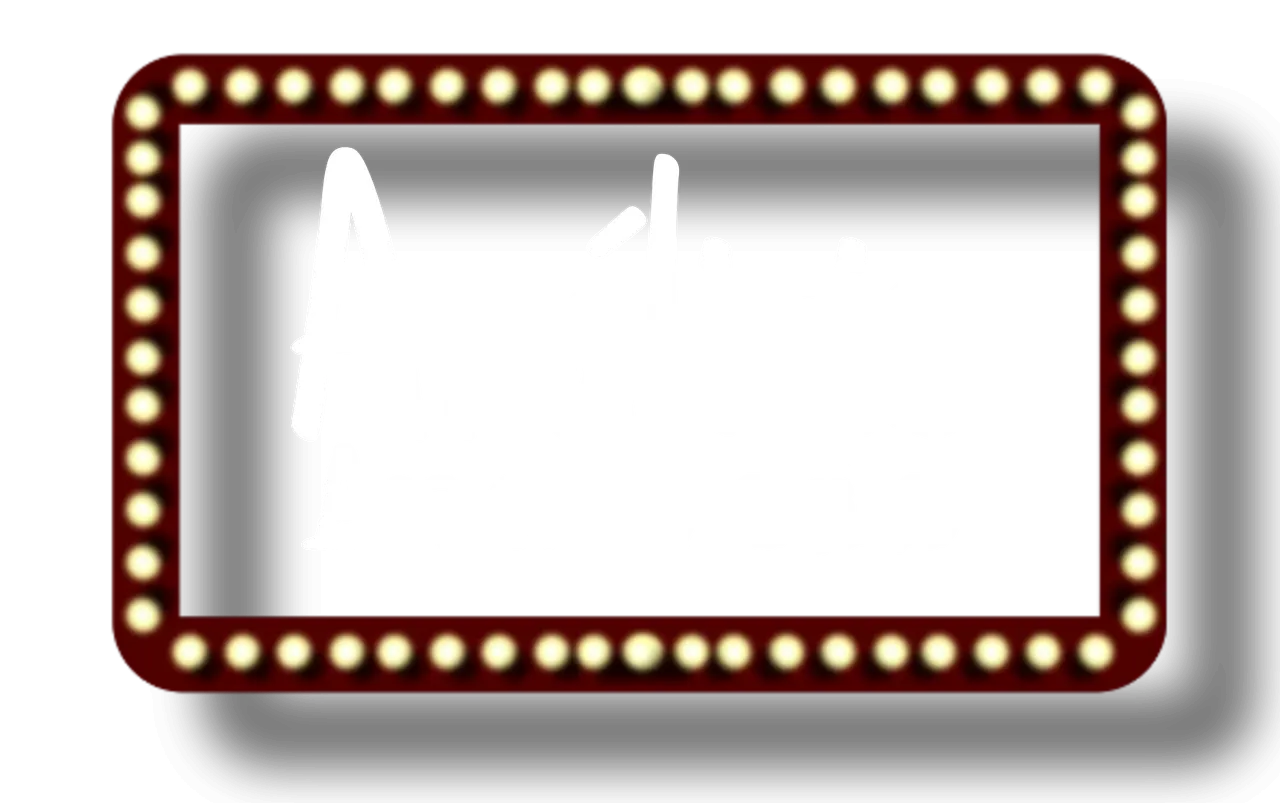
Seré muy franca con ustedes, como siempre lo soy, debo decirles que empecé a ver este capítulo con bastante recelo porque yo misma indico drogas psicotrópicas a pacientes y sé los efectos que pueden originar en personas en las que no se administran con el debido control, sobre todo tomando en cuenta la situación mundial actual donde todos estamos interconectados por medio de las redes sociales y eso, aunque no queramos, nos hace tener una mayor probabilidad de tener Enfermedades Mentales.
Sumado a eso, de alguna forma, tal vez por mis conocimientos y mi predisposición, debo aclarar, sentí que la forma como estaban narrado el capítulo se sentía, tal vez, muy positivista, es decir, induciendo al espectador al consumo de estos alucinógenos o tratando de hacerlos ver como totalmente inofensivos.
Siento que no es de desconocimiento para nadie el efecto que causan la mayoría de las drogas en los que se hacen dependientes a ellas y ahora mismo, por ejemplo, podemos verlo en el repunte de un nuevo compuesto que está siendo usado de forma indiscriminada y con cero control, el fentanilo, así que mi obligación como personal de la salud es alertar a la población sobre el uso de estas sustancias de forma descontrolada.
Sin embargo, aun con todos mis conocimientos y todo eso que les dije anteriormente, en la medida en la que se fue desarrollando el episodio fui cambiando un poco de parecer, y es que el episodio no solo presenta a científicos hablando de lo que son estos Psicodélicos, donde resaltan el "LSD", la "Psicobilina" y la "Mescalina", sino que incluyen a personas que describen los efectos positivos que ha tenido el uso de estas sustancias en ellos.
I will be very frank with you, as I always am, I must tell you that I began to see this chapter with some misgivings because I myself indicate psychotropic drugs to patients and I know the effects they can cause in people in whom they are not administered with due control, especially taking into account the current world situation where we are all interconnected through social networks and that, although we do not want, makes us more likely to have Mental Illnesses.
Added to that, somehow, perhaps because of my knowledge and my predisposition, I must clarify, I felt that the way the chapter was narrated felt, perhaps, very positivist, that is, inducing the viewer to the consumption of these hallucinogens or trying to make them seem totally harmless.
I feel that it is not unknown to anyone the effect that most drugs cause on those who become dependent on them and right now, for example, we can see it in the uptick of a new compound that is being used indiscriminately and with zero control, fentanyl, so my obligation as health personnel is to alert the population about the use of these substances in an uncontrolled manner.
However, even with all my knowledge and all that I told you before, as the episode developed I changed my mind a little bit, and the episode not only presents scientists talking about what these Psychedelics are, where "LSD ", "Psycobilin " and "Mescaline " stand out, but it also includes people describing the positive effects that the use of these substances has had on them.

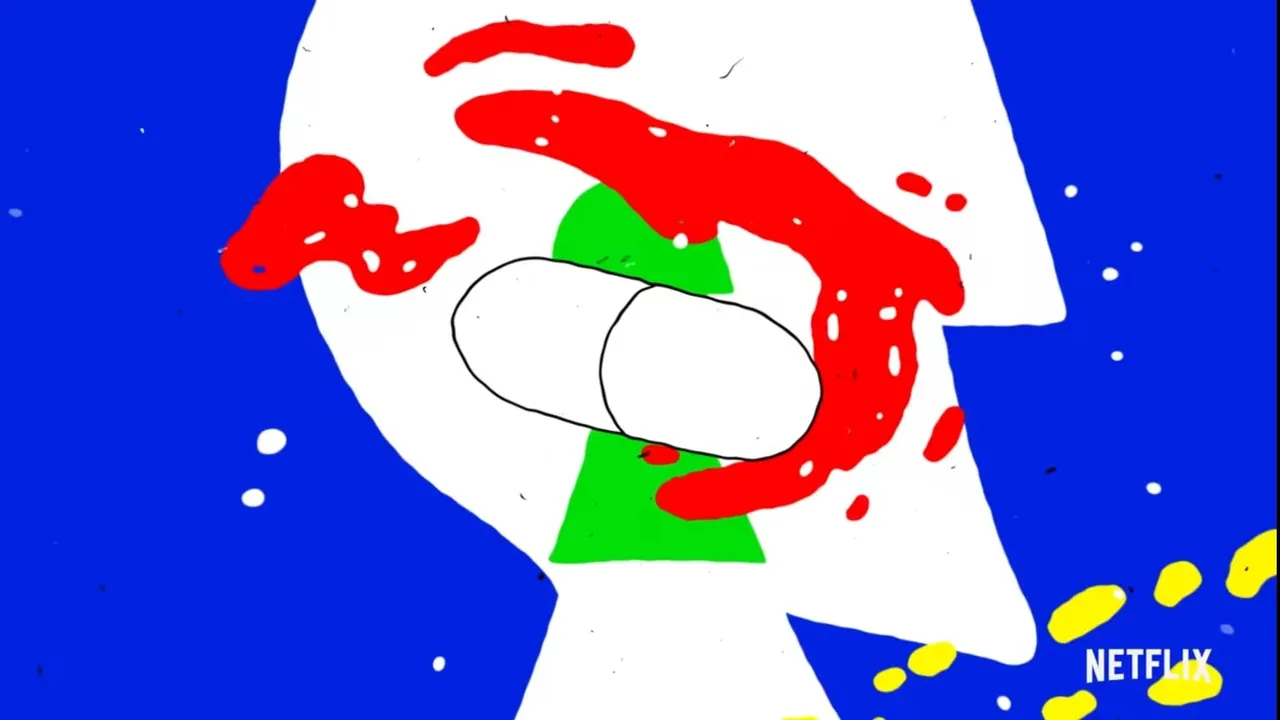
Acepto que la inclusión de estas personas me hizo comprender el otro lado, que yo misma estaba condicionada a no ver, y es que realmente tenemos un grupo de personas que básicamente se sienten desesperanzados con respecto a varios factores en sus vidas.
Frecuentemente vemos estas drogas como de uso "Recreativo", de hecho, legalmente así se describen, y por eso las asociamos a personas que quieren tener sensaciones placenteras en su vida, tal vez, vivir un momento donde se desliguen completamente de su realidad o percibir sensaciones que normalmente no son capaces de percibir.
Pero, se me olvidaba ese otro grupo de personas que se sienten desahuciadas, son estas personas que han hecho todo lo que han tenido en sus manos para canalizar el sufrimiento de alguna enfermedad y a los que la ciencia, con todas sus drogas controladas, no han podido ayudar.
Son esas personas las que presentan en el capítulo, nuevamente no sé si queriendo dar todo el punto de vista positivo de estas drogas, pero al menos a mí me funcionó para dejar un poco de lado mis prejuicios y entender que, cada ser humano debe ser libre de escoger lo que quiere para su vida, las terapias que quiere probar en sí y, mientras firmen un consentimiento informado donde estén claros de las posibles consecuencias que se generen de su uso, nosotros como científicos deberíamos permitirlo.
I accept that the inclusion of these people made me understand the other side, which I myself was conditioned not to see, and that is that we really have a group of people who basically feel hopeless about various factors in their lives.
We often see these drugs as being for "Recreational" use, in fact, legally so described, and so we associate them with people who want to have pleasurable sensations in their lives, perhaps, to live a moment where they are completely detached from their reality or perceive sensations that they are not normally able to perceive.
But, I forgot that other group of people who feel hopeless, are these people who have done everything they have had in their hands to channel the suffering of some disease and those that science, with all its controlled drugs, have not been able to help.
It is these people who are presented in the chapter, again I do not know if I want to give all the positive point of view of these drugs, but at least it worked for me to put aside my prejudices and understand that every human being should be free to choose what he wants for his life, the therapies he wants to try and, as long as they sign an informed consent where they are clear of the possible consequences generated by their use, we as scientists should allow it.

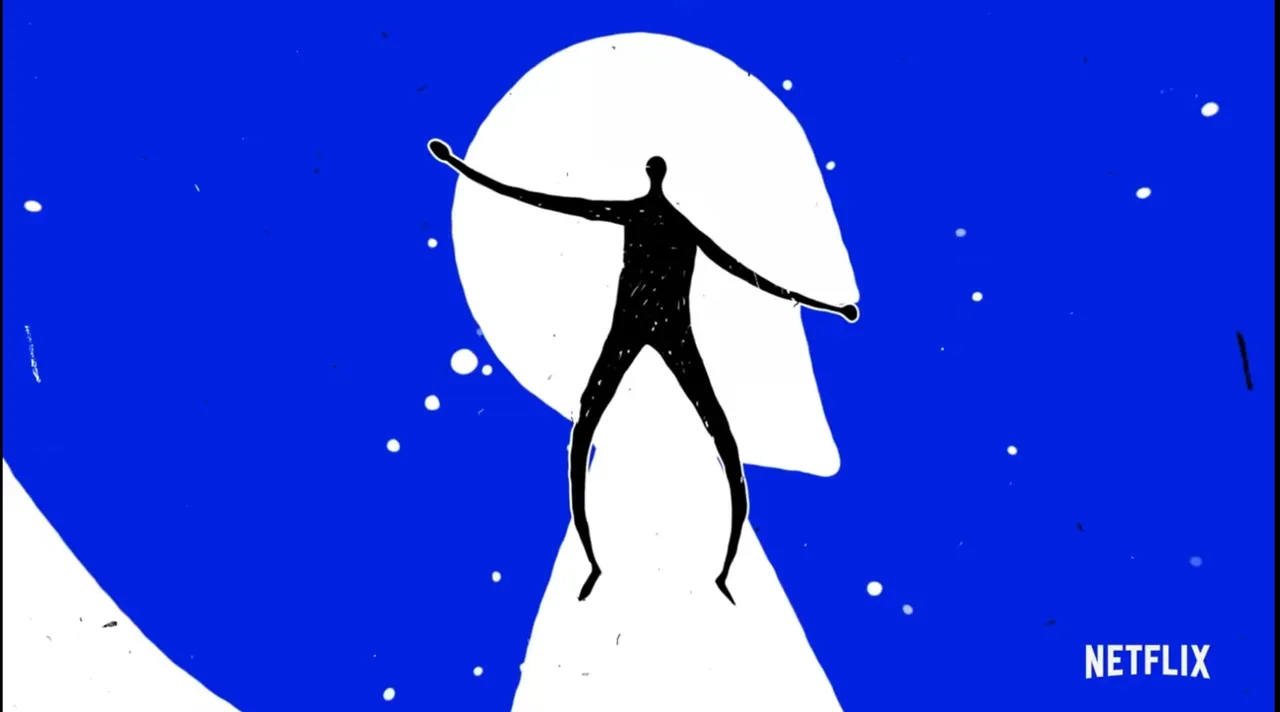
El surgimiento del LSD y las drogas psicodélicas, en su mayoría originadas a partir de hongos, trajo consigo una revolución social considerable, coincidió con estallidos de guerra como la de Vietnam, con momentos de pruebas experimentales como medios de tortura en grupos poblacionales productos de esas mismas guerras, y un sin fin de revoluciones sociales más, en términos generales, la época en la que surgió no fue la mejor, ya que se necesitana mantener cierto control en la población.
Es por esto que ahora comprendo que gran parte de este capítulo lo dedicaran a intentar explicar el por qué, de forma súbita, sobre todo el LSD, fue prohibido, aun cuando ya había sido aprobado para ser comercializado a dosis controladas por la FDA y la industria farmacéutica que actualmente conocemos como Novartis.
Y es que, una vez que comprendemos este contexto histórico, es que podemos darnos cuenta de las razones que podrían haber detrás de esa decisión tan súbita por parte del gobierno norteamericano que después se extendió a todo el mundo, pero, por supuesto, esto no echa por tierra los efectos negativos que fueron evidenciados posteriormente en cierto grupo de personas en las que se potenciaba la predisposición que tenían a desarrollar enfermedades psicóticas como la Esquizofrenia, en el futuro.
Sin embargo, vuelvo al punto que les dije anteriormente, tenemos a un grupo de personas, básicamente, sin tratamiento posible para sus enfermedades ¿Qué podemos hacer con ellos si las drogas controladas no nos sirven para nada? Son exactamente a ese grupo de personas a las que este tipo de tratamientos podrían surgirles un efecto beneficioso, siempre controlando las variables.
The emergence of LSD and psychedelic drugs, mostly originating from mushrooms, brought with it a considerable social revolution, coincided with outbreaks of war such as Vietnam, with moments of experimental tests as a means of torture in population groups resulting from those same wars, and an endless number of other social revolutions, in general terms, the time in which it emerged was not the best, since it was necessary to maintain certain control over the population.
This is why I now understand that a large part of this chapter will be dedicated to trying to explain why, suddenly, especially LSD, was banned, even though it had already been approved to be marketed at controlled doses by the FDA and the pharmaceutical industry that we now know as Novartis.
And it is that, once we understand this historical context, we can realize the reasons that could have been behind such a sudden decision by the U.S. government that was later extended to the whole world, but, of course, this does not erase the negative effects that were later evidenced in a certain group of people in which the predisposition they had to develop psychotic diseases such as Schizophrenia, in the future, was enhanced.
However, I come back to the point I made earlier, we have a group of people, basically, with no possible treatment for their diseases. It is exactly that group of people for whom this type of treatment could have a beneficial effect, always controlling the variables.

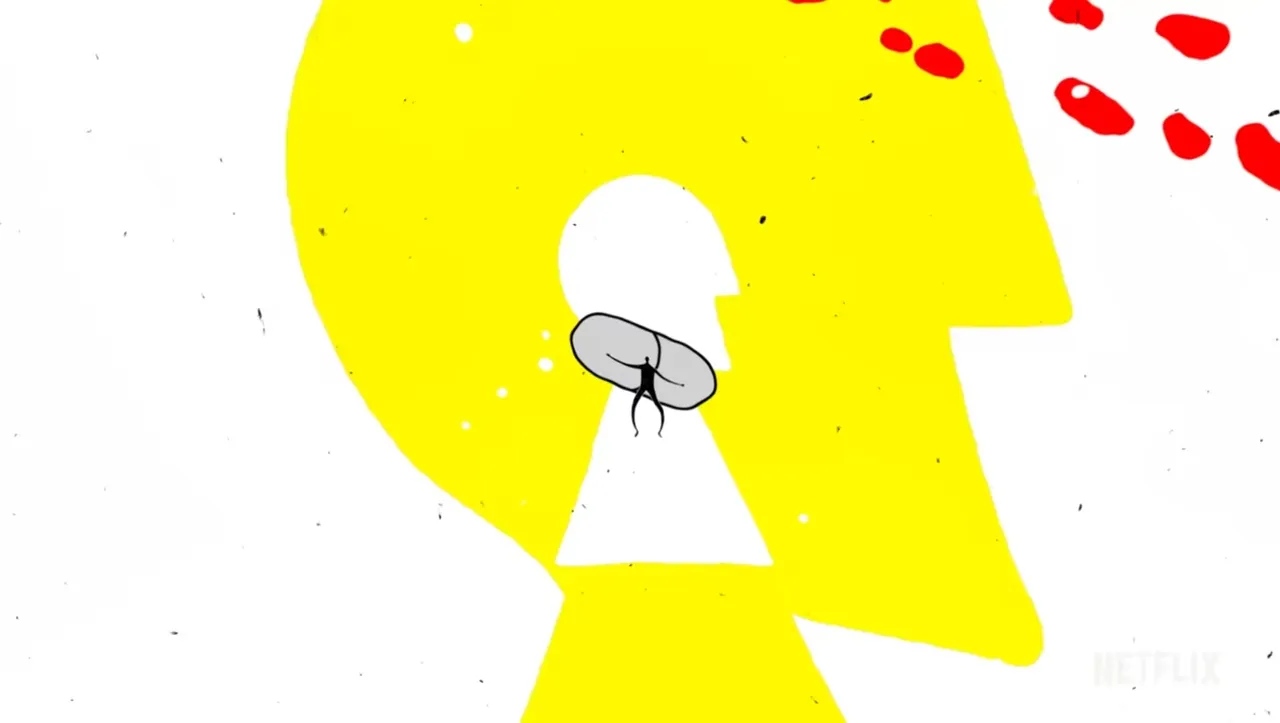
Siento que en el capítulo no se destaca lo suficiente el factor de estas variables, y es que justamente el efectos de estos alucinógenos, la mayoria de las veces, es imprevesible, porque dependen de la persona, del estado emocional en el que se encuentre, de donde use la sustancia, rodeado de quién y de la cantidad que se utilice de ella.
Básicamente no podemos indicar el uso de él sin que sea bajo una supervisión médica estricta y continua, porque los efectos que van a producir la sustancia dependen mucho de quienes te rodeen en ese momento, esto es debido a que se pierde casi por completo el control de la conciencia y, sino se tienen a una persona que los guíe de forma adecuada en ese momento, pueden terminar bajo un estado de exaltación que, no siempre, será positiva.
Los efectos positivos son visibles en todo el capítulo, pero siento que se habla muy poco de los efectos negativos, y aun cuando ahora mismo, después de ver el capítulo, estoy más abierta a la comprensión de esos lugares donde están siendo autorizadas este tipo de sustancias como terapias médicas, persiste en mí un poco la preocupación y el miedo.
Concluyo este post con que necesitamos más experimentación, encontrar dosis más óptimas y controlar mucho más las variables, porque dejando estas sustancias para ser usadas de forma libre en poblaciones donde no tenemos el conocimiento sobre la probabilidad de sufrir una enfermedad emocional psicótica, podría representar un severo problema en el futuro, más que los que, ya de por sí, tenemos con que lidiar en la actualidad.
I feel that in the chapter the factor of these variables is not emphasized enough, and it is that precisely the effects of these hallucinogens, most of the times, are unpredictable, because they depend on the person, the emotional state in which he/she is, where he/she uses the substance, surrounded by whom and the amount that is used of it.
Basically we cannot indicate the use of it without a strict and continuous medical supervision, because the effects that will produce the substance depend a lot on those who surround you at that moment, this is because you almost completely lose control of consciousness and, if you do not have a person to guide you properly at that time, you can end up under a state of exaltation that, not always, will be positive.
The positive effects are visible throughout the chapter, but I feel that very little is said about the negative effects, and even though right now, after watching the chapter, I am more open to the understanding of those places where these types of substances are being authorized as medical therapies, the concern and fear persists in me.
I conclude this post with that we need more experimentation, find more optimal doses and control the variables much more, because leaving these substances to be used freely in populations where we do not have the knowledge about the probability of suffering a psychotic emotional illness, could represent a severe problem in the future, more than the ones we already have to deal with today.
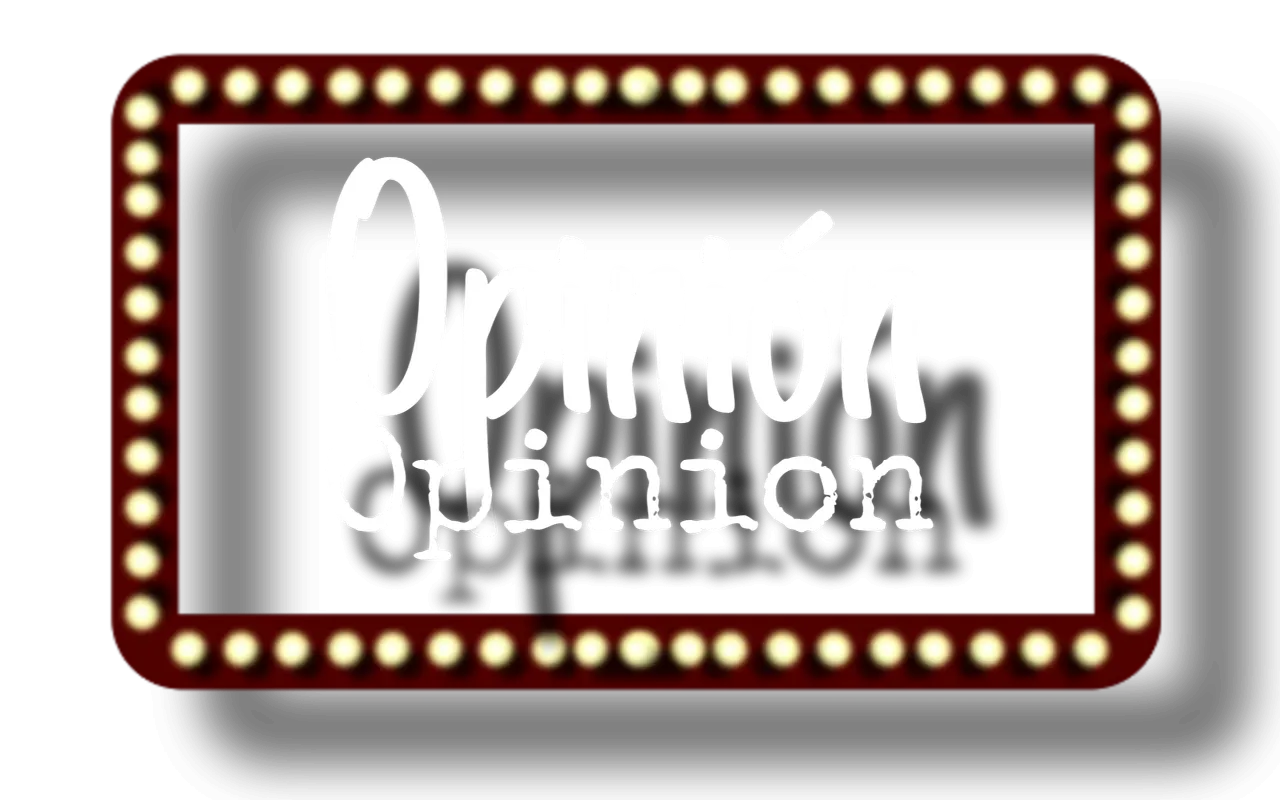
¿Me gustó? Siendo honesta, amigos me pareció un capítulo interesante, que te incitará a investigar más por tu cuenta, lo cual es un aspecto muy positivo de un documental, pero siento que la forma en que fue narrado no fue del todo imparcial, así que, siendo percibido por una persona que no note esto y que no balancee de forma correcta los pros y contras (que no se ven del todo en el capítulo) podría verse como un incentivo al consumo de este tipo de sustancias, por lo que no me gustó del todo.
¿Lo recomendaría? Depende de la persona, tendría que seleccionar bien a quien recomendarla, pero definitivamente no a todo el mundo, lo sentí como un capítulo que puede influenciar mucho en algunas personas sugestionables.
¿Lo vería otra ves? Lo dudo, es básicamente una opinión que nos proporcionan, que podemos captar, extraer lo beneficioso de ella para formar nuestro propio argumento, pero nada más.
I liked it? Being honest, friends I found it an interesting chapter, which will incite you to investigate more on your own, which is a very positive aspect of a documentary, but I feel that the way it was narrated was not entirely impartial, so, being perceived by a person who does not notice this and does not balance correctly the pros and cons (which are not entirely seen in the chapter) could be seen as an incentive to the consumption of this type of substances, so I did not like it at all.
Would I recommend it? It depends on the person, I would have to select well to whom to recommend it, but definitely not to everyone, I felt it as a chapter that can influence a lot in some suggestible people.
Would I watch it again? I doubt it, it's basically an opinion that we are given, that we can take in, extract what is beneficial from it to form our own argument, but nothing more.

| Thank you for stopping by and reading!

